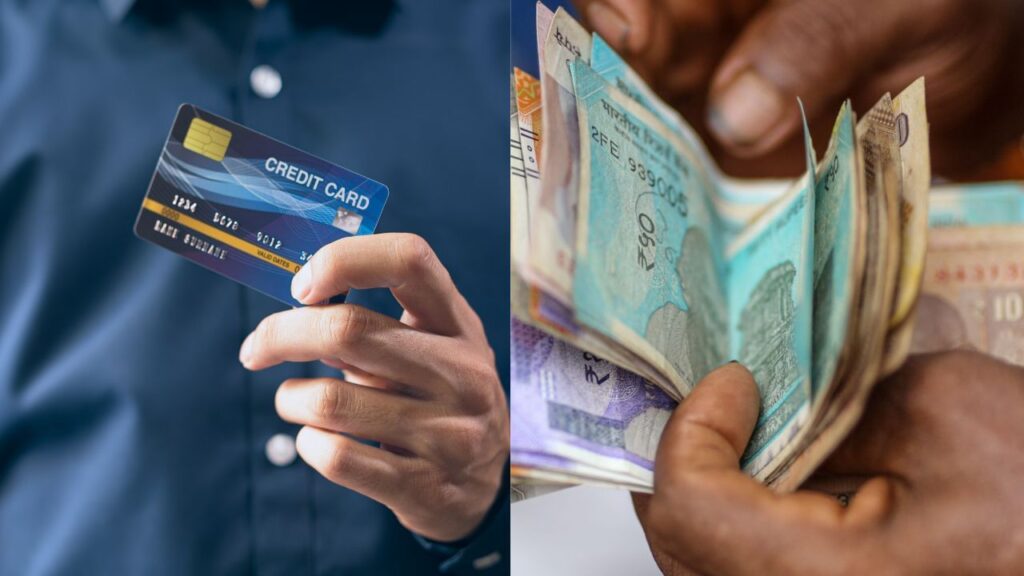When it comes to managing small expenses, particularly financial goals that need to be met in a short term, individuals often face two choices: using a credit card to fulfill that need or tapping into the savings account. If you’re unsure which option is best, you’re in the right place. In this article, we’ll delve into the details and provide clarity on which choice might serve you best.
Understanding Short-term Expenses
First, let’s categorize what typically falls under short-term expenses. Here are some common examples:
- Building an emergency fund
- Purchasing term life insurance for all earners in the family
- Obtaining health insurance for all family members
- Buying electronic gadgets like mobiles, laptops, or tablets
- Home renovations
- Buying a two-wheeler or four-wheeler
- Planning a family vacation
Using a Credit Card for Short-term Goals
For short-term financial objectives, using a credit card can be beneficial. For instance, consider the scenario of a family vacation. You can book travel tickets, hotel accommodations, and cover meal expenses using your credit card. When the credit card bill arrives, you can utilize the funds saved for the vacation to pay off the outstanding amount. This approach not only provides extra time to settle your payments but also allows you to manage your finances better should savings run low before your salary arrives.
Benefits of Using a Credit Card
Here are some notable advantages of using a credit card for small expenses:
- Up to 50 days of interest-free credit: This grace period can give you breathing room to manage your cash flow.
- Instant discounts through ongoing credit card offers: Many credit cards provide promotions that can significantly reduce your expenses.
- Earning reward points: Credit cards often come with reward systems which allow you to accumulate points for various benefits.
- Milestone-related rewards: Some cards offer special bonuses based on your spending milestones.
- Annual fee waivers with spending: A higher annual spend can sometimes lead to waivers on fees.
- Access to premium services: Spending on your credit card can unlock perks like airport lounge access.
Weighing the Options
When evaluating small expenses, credit cards may emerge as the more advantageous option for several reasons. They not only provide opportunities to take advantage of offers but also offer a 50-day window to settle your bills without interest. However, it is crucial to remember that if you lack the ability to pay off your bill on time, you should avoid using a credit card, as late payments can negatively impact your credit score.
Conclusion
In conclusion, understanding when to use a credit card versus savings can significantly impact your financial health. While credit cards can provide flexibility and benefits, they come with responsibilities that require careful consideration. By analyzing your expenses and habits, you can choose the best route for managing your short-term financial goals effectively.

